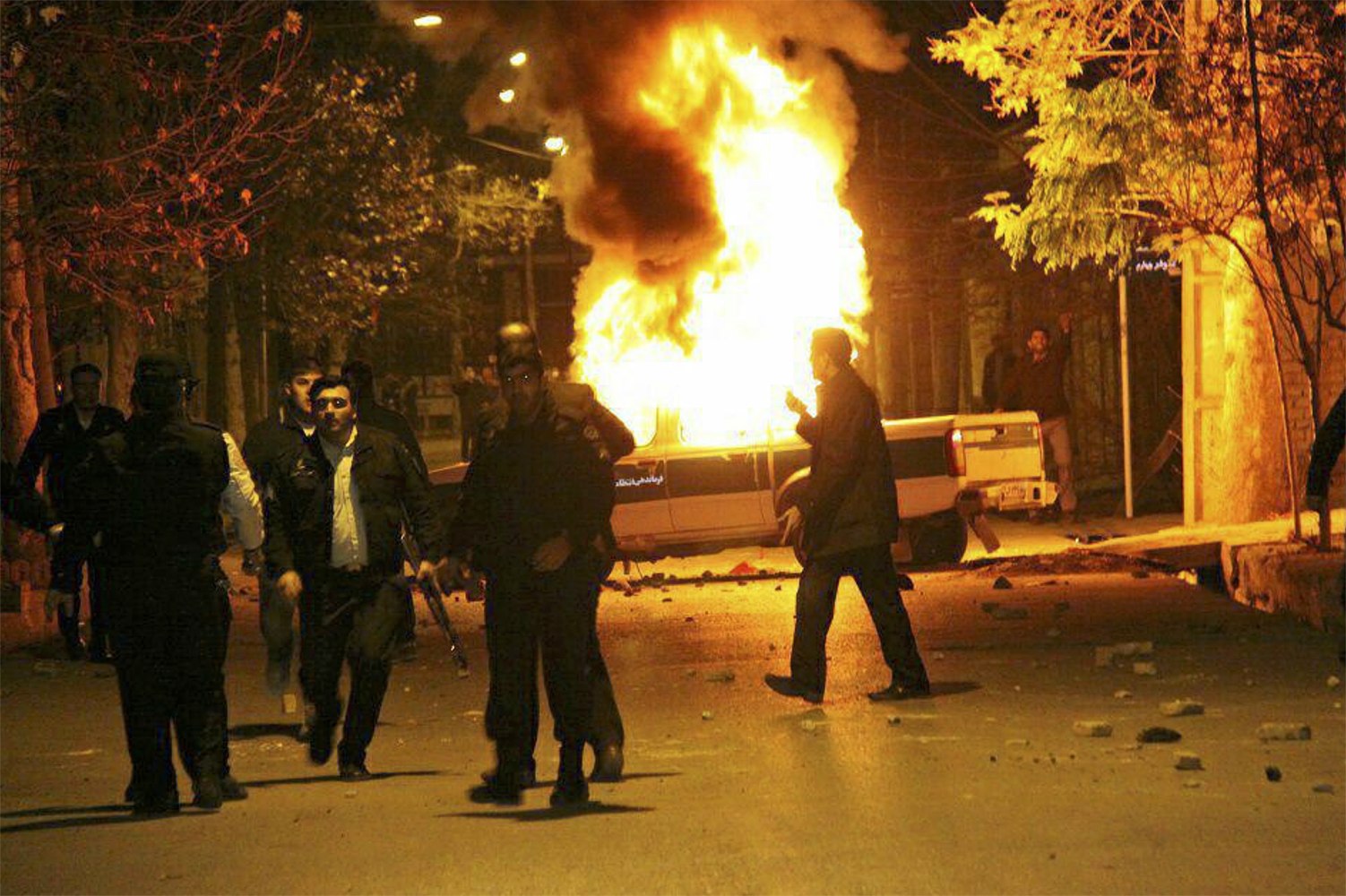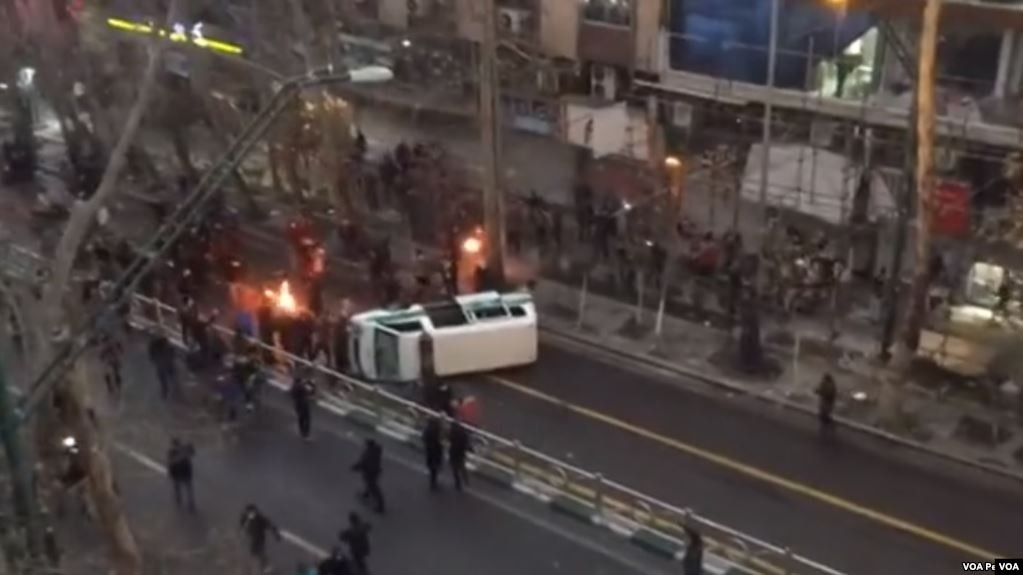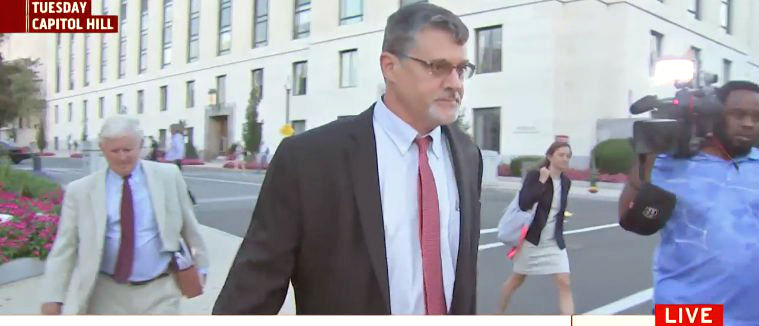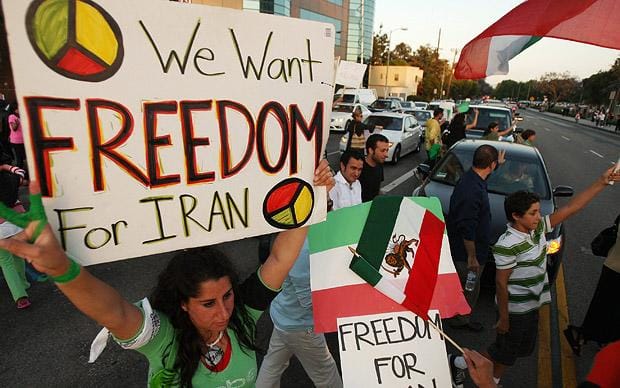
The U.S. will hold a reception for countries that did not vote last month to approve a United Nations (U.N.) resolution condemning the Trump administration’s decision to recognize Jerusalem as Israel’s capital, U.S. Ambassador to the U.N. Nikki Haley said Tuesday.
“As I said in December, we won’t forget the Jerusalem vote,” Haley said at a news conference. “To that end, tomorrow night, we are having a reception for the countries who chose not to oppose the U.S. position [on Jerusalem].”
The resolution, while not legally binding, amounted to an international effort to pressure the Trump administration to reconsider its Jerusalem decision, which reversed decades of U.S. policy in the region.
Among the countries to vote in favor of the resolution were key U.S. allies, like the United Kingdom, France and Germany. Other allies, like Canada, Australia and Mexico, abstained from the vote.
Among the nine countries to vote against the resolution were the U.S., Israel, Honduras, Guatemala and Palau, among others.
The Hill has reached out to the State Department for comment.
Jerusalem is considered sacred by Jews, Christians and Muslims, and Israel considers the city its eternal capital. But the Palestinians have long desired to establish east Jerusalem as the capital of a future Palestinian state. More here.
*** So, beyond this…what about money to opposition countries?
Nikki Haley said that the United States would be “taking note” of the countries that “disrespected” America by voting in favor of the resolution, and President Trump said bluntly that the countries who don’t vote with the U.S. will have their funding cut.
So what if Trump actually gutted funding for those 128 countries? Well, The Daily Caller did the math.
According to USAid.gov, which catalogs all country-by-country financial obligations the U.S. holds with the rest of the world, Trump’s threat would save the United States more than $24 billion — in just one year.
The numbers below are based on what the U.S. was obligated to pay in 2016 to each of the countries that voted against us in the UN vote last week. Obligations are defined as the amount the United States is legally bound to pony up either in that year or the future.
The obligations may differ from the actual cash disbursements given in any given year, but they best reflect our financial obligations to the country in question.
Here are the countries that voted against the U.S., listed alphabetically, along with America’s 2016 financial obligation to each country:
Afghanistan — $5,060,306,050
Albania — $27,479,989
Algeria — $17,807,222
Andorra — $0
Angola — $64,489,547
Armenia — $22,239,896
Austria — $310,536
Azerbaijan — $15,312,389
Bahrain — $6,573,352
Bangladesh — $263,396,621
Barbados — $5,442,370
Belarus — $11,166,107
Belgium — $3,101,636
Belize — $8,613,838
Bolivia — $1,378,654
Botswana — $57,252,922
Brazil — $14,899,949
Brunei — $354,829
Bulgaria — $20,066,715
Burkina Faso — $74,469,144
Burundi — $70,507,528
Cabo Verde — $5,044,716
Cambodia — $103,194,295
Chad — $117,425,683
Chile — $2,266,071
China — $42,263,025
Comoros — $1,057,063
Congo — $8,439,457
Costa Rica — $14,650,552
Cote d’Ivoire — $161,860,737
Cuba — $15,776,924
Cyprus — $0
Democratic People’s Republic of Korea (North Korea) — $2,142,161
Denmark — $3,455
Djibouti — $24,299,878
Dominica — $616,000
Ecuador — $26,014,579
Egypt — $1,239,291,240
Eritrea — $119,364
Estonia — $15,937,295
Ethiopia — $1,111,152,703
Finland — $33,492
France — $4,660,356
Gabon — $31,442,404
Gambia — $3,197,858
Germany — $5,484,317
Ghana — $724,133,065
Greece — $8,508,639
Grenada — $690,300
Guinea — $87,630,410
Guyana — $9,691,030
Iceland — $0
India — $179,688,851
Indonesia — $222,431,738
Iran — $3,350,327
Iraq — $5,280,379,380
Ireland — $0
Italy — $454,613
Japan — $20,804,795
Jordan — $1,214,093,785
Kazakhstan — $80,418,203
Kuwait — $112,000
Kyrgyzstan — $41,262,984
Laos — $57,174,076
Lebanon — $416,553,311
Liberia — $473,677,614
Libya — $26,612,087
Liechtenstein — $0
Lithuania — $15,709,304
Luxembourg — $0
Madagascar — $102,823,791
Malaysia — $10,439,368
Maldives — $1,511,931
Mali — $257,152,020
Malta — $137,945
Mauritania — $12,743,363
Mauritius — $791,133
Monaco — $0
Montenegro — $2,118,108
Morocco — $82,023,514
Mozambique — $514,007,619
Namibia — $53,691,093
Nepal — $194,286,218
Netherlands — $0
New Zealand — $0
Nicaragua — $31,318,397
Niger — $144,122,239
Nigeria — $718,236,917
Norway — $100,000
Oman — $5,753,829
Pakistan — $777,504,870
Papua New Guinea — $14,836,598
Peru — $95,803,112
Portugal — $207,600
Qatar — $95,097
Republic of Korea (South Korea) — $3,032,086
Russia — $17,195,004
Saint Vincent and the Grenadines — $612,000
Saudi Arabia — $732,875
Senegal — $99,599,642
Serbia — $33,062,589
Seychelles — $223,002
Singapore — $468,118
Slovakia — $2,585,685
Slovenia — $715,716
Somalia — $274,784,535
South Africa — $597,218,298
Spain — $81,231
Sri Lanka — $27,192,841
Sudan — $137,878,835
Suriname — $232,672
Sweden — $1,269
Switzerland — $1,168,960
Syria — $916,426,147
Tajikistan — $47,789,686
Thailand — $68,182,970
The Former Yugoslav Republic of Macedonia — $31,755,240
Tunisia — $117,490,639
Turkey — $154,594,512
United Arab Emirates — $1,140,659
United Kingdom — $3,877,820
United Republic of Tanzania — $628,785,614
Uruguay — $836,850
Uzbekistan — $20,067,933
Venezuela — $9,178,148
Vietnam — $157,611,276
Yemen — $305,054,784
Zimbabwe — $261,181,770
TOTAL — $24,485,383,599
AVERAGE PER COUNTRY — $205,795,526






 Arab bank, New York
Arab bank, New York
